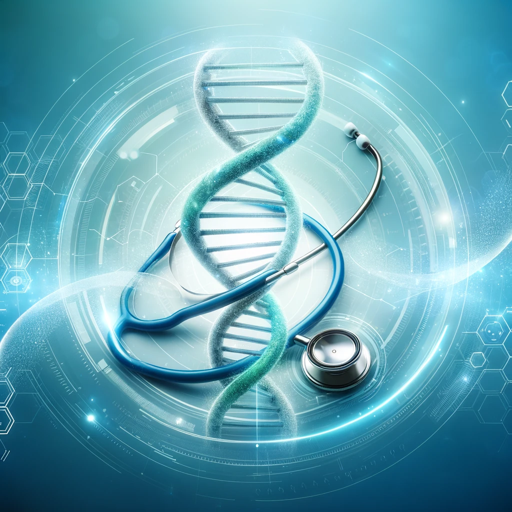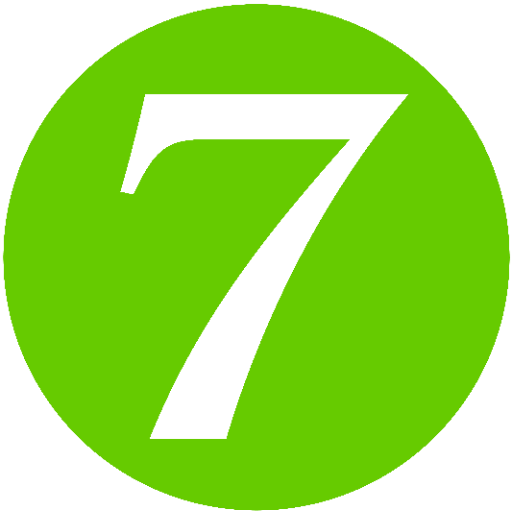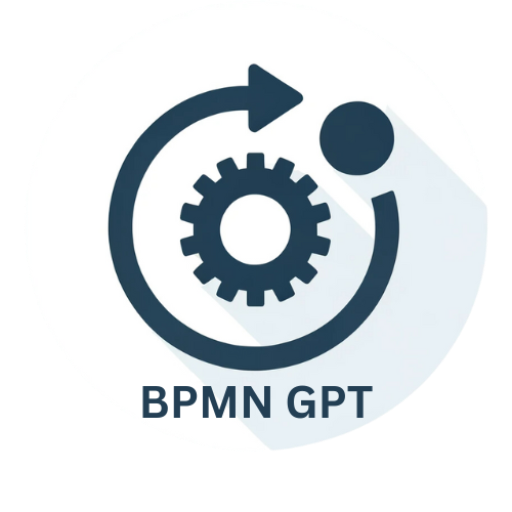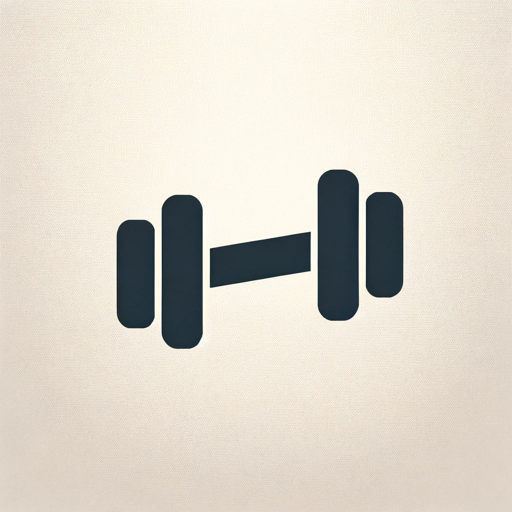Clinical Medicine Handbook-AI-powered clinical assistant
Your AI-powered clinical companion.
Explain angina pectoris.
Describe a CT scan process.
List type 2 diabetes treatments.
Discuss the ethics of patient privacy.
Key emergency protocol in critical scenarios?
Optimising chronic care: Medical and lifestyle balance?
Innovative tech reshaping future healthcare?
Staying updated with condition treatments?
Related Tools
Load More
Clinical Medicine Handbook
I support doctors and nurses to synthesize information, conducting comprehensive reviews of medical literature, presenting treatment alternatives, offering guidance on diagnoses, patient education resources, ethical challenges, and ensuring awareness of a

Oberarzt Innere Medizin
Medizinischer Fachexperte für Diagnose und Therapie

MedGPT
A medical specialist offering assistance grounded in clinical guidelines. Disclaimer: This is intended for research and is NOT safe for clinical use!

Medicine Companion - For Medical Students
Medical flashcard creator based on NICE guidelines + access to drug information. It can also answer medicine related questions with good knowledge base and access to reputable websites such as NICE when unsure.

Evidence-based Clinical Knowledgebase
I can provide evidence-based information based on latest and authoritative data.

Medicine Rounds
Educating physicians, nurses, and other providers. Assists with clinical information synthesis. Learn medical topics. Find relevant research.
20.0 / 5 (200 votes)
Introduction to Clinical Medicine Handbook
The Clinical Medicine Handbook is designed as a comprehensive resource for healthcare professionals, providing detailed medical knowledge and guidance on a wide range of clinical topics. Its primary function is to support doctors, medical students, and other healthcare providers in diagnosing, treating, and managing various medical conditions. The handbook covers core medical principles, clinical examination techniques, diagnostic reasoning, therapeutics, systematic conditions review, emergency protocols, chronic care management, ethical considerations, healthcare systems, professional development, global health perspectives, and medical innovations. For example, a physician can use the handbook to quickly reference treatment guidelines for a specific condition during a patient consultation or to review the steps for conducting a thorough clinical examination.

Main Functions of Clinical Medicine Handbook
Core Medical Principles
Example
Explaining the pathophysiology of diabetes mellitus, including insulin resistance and beta-cell dysfunction.
Scenario
A medical student studying for an endocrinology exam uses the handbook to understand the underlying mechanisms of diabetes.
Clinical Examination Techniques
Example
Detailed steps on how to perform a cardiovascular examination, including inspection, palpation, percussion, and auscultation.
Scenario
A resident doctor performing a physical examination on a patient with suspected heart failure refers to the handbook to ensure all critical aspects are covered.
Diagnostic Reasoning
Example
Aiding in differential diagnosis for a patient presenting with chest pain, outlining possible causes like myocardial infarction, pulmonary embolism, and musculoskeletal pain.
Scenario
An emergency physician uses the handbook to systematically narrow down the causes of a patient's chest pain based on presenting symptoms and clinical findings.
Therapeutics Information
Example
Guidelines on the management of hypertension, including first-line antihypertensive drugs and lifestyle modifications.
Scenario
A primary care physician consults the handbook to update the treatment plan for a patient with newly diagnosed hypertension.
Emergency Medicine Protocols
Example
Step-by-step protocols for handling cardiac arrest, including CPR guidelines and defibrillation techniques.
Scenario
An ER nurse quickly references the handbook during a resuscitation to ensure adherence to the latest CPR protocols.
Ideal Users of Clinical Medicine Handbook
Medical Students
Medical students benefit from the handbook by using it as a study guide for exams and a reference during clinical rotations, gaining a deeper understanding of medical concepts and practical skills.
Healthcare Professionals
Doctors, nurses, and allied health professionals use the handbook for quick reference to up-to-date medical guidelines, diagnostic criteria, and treatment protocols, enhancing patient care and clinical decision-making.

How to Use Clinical Medicine Handbook
1
Visit aichatonline.org for a free trial without login, also no need for ChatGPT Plus.
2
Explore the table of contents to familiarize yourself with the range of topics covered, from clinical examination techniques to therapeutic interventions.
3
Utilize the search function to quickly find specific medical conditions, treatments, or guidelines relevant to your practice or study.
4
Leverage the detailed Q&A section to gain deeper insights into complex medical questions and scenarios commonly encountered in clinical settings.
5
Bookmark key sections and frequently referenced guidelines to streamline your workflow and enhance quick reference during patient consultations or studies.
Try other advanced and practical GPTs
Growth Marketing Specialist
AI-driven insights for marketing growth.

One-Shot Prompter
Generate detailed, AI-ready prompts instantly.

BloxBot
AI-powered insights for Roblox developers.

The 7 Minute Life Productivity Coach
AI-powered time management for busy lives.

Roast Me
AI-powered roasting, just for laughs!

CMMC AI
AI-Powered CMMC Compliance Advisor

BPMN-GPT
AI-Powered BPMN Process Converter

T or D
AI-Powered Truth or Dare Game

Pump University
Your AI-Powered Workout Guide.

ArbetsrättsGPT
AI-Powered Labor Law Advisor

MovieMMender
AI-powered movie recommendations tailored to you.

Print on Demand Assistant
AI-powered image creation for Print on Demand success

- Clinical Practice
- Medical Education
- Patient Management
- Diagnostic Aid
- Therapeutic Guide
Detailed Q&A about Clinical Medicine Handbook
What topics are covered in the Clinical Medicine Handbook?
The handbook covers a comprehensive range of topics including pathophysiology, clinical examination techniques, diagnostic reasoning, therapeutic interventions, chronic care management, emergency protocols, and ethical considerations in medicine.
How can Clinical Medicine Handbook assist in clinical decision-making?
The handbook provides detailed information on differential diagnosis, treatment options, and clinical guidelines, helping healthcare professionals make informed decisions based on the latest evidence and best practices.
Is the Clinical Medicine Handbook suitable for medical students?
Yes, the handbook is an excellent resource for medical students, offering clear explanations of medical concepts, systematic condition reviews, and practical tips for clinical examination and patient management.
Can the handbook be used offline?
Currently, the Clinical Medicine Handbook is an online tool requiring internet access. However, users can download specific sections or guidelines for offline reference if needed.
What makes the Clinical Medicine Handbook unique?
Its unique combination of advanced AI-powered insights, comprehensive medical knowledge, and user-friendly interface makes the Clinical Medicine Handbook a valuable tool for both students and experienced practitioners.